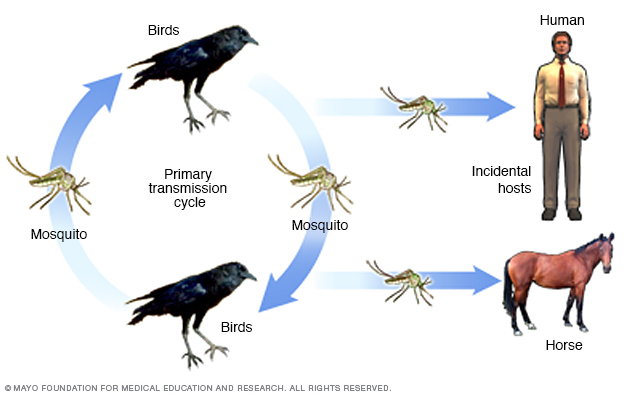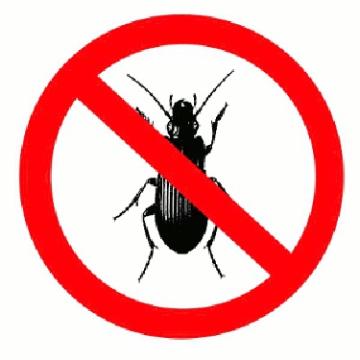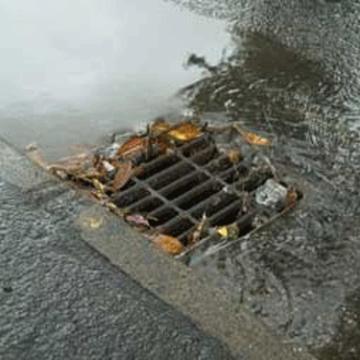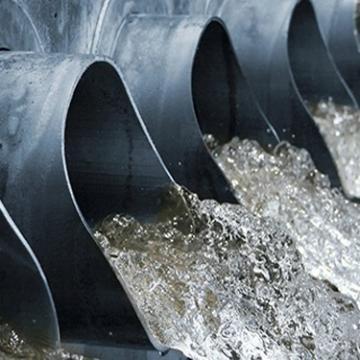Environment Health and Safety manages programs in air and water discharge, obtains necessary permits, and works with local and state regulatory agencies to ensure our compliance. In addition, EHS maintains a hazardous materials inventory and assists in site evaluations and remediation.
Environmental Programs
- Air & Water ProtectionSCU controls emissions to air and water to prevent environmental damage and to comply with regulations.
- Broken Light Bulb Clean-up
Each compact fluorescent light bulb (CFL) contains a very small amount of mercury in either powder or pellet form. The greatest risk to you if a CFL breaks is getting cut by glass shards. The amount of mercury in a CFL is extremely low however, precautions should be taken.
Reporting
Please report all broken CFL’s immediately to University Operations Facilities Department.
- Weekdays between 8am to 4:30pm: 408-554-4742
- After Hours or on weekends: 408-554-4441
Learn More
- Pesticides
Only pesticides on the pre-approved list will be purchased at SCU. The approval list is contained in the Program Document.
Only trained and qualified staff will mix, load, or apply pesticides.
- An Approved Pesticide List is maintained in the Facilities and EHS offices and is available upon request.
- Pesticide Safety Program
- Rodent Cleanup Procedure
- Storm Water Pollution Prevention ProgramSanta Clara University is committed to being environmentally responsible. As new techniques, technologies and industry standards become available the University looks for opportunities to adopt them. The University wants to be a positive example in the advancement of environmental stewardship on the campus and in the local community.
- Waste ManagementSCU follows the principle of minimize, reuse, and recycle. However some wastes are such that there is no choice but to manage as hazardous waste.
More information on Waste Management. For questions or assistance contact Sean Collins, EHS Director, at (408) 554-5078 or by email at spcollins@scu.edu
- Waste Water ManagementIndustrial wastewater discharge is regulated by federal and state laws and regulations, and by the Santa Clara Municipal Ordinance. Hazardous materials/hazardous waste, bio-hazardous, and radioactive waste are prohibited from disposal down the drain at SCU unless listed on the List of Discharges Authorized for Sink Disposal.
Notify EHS immediately when aware of accidental discharge of potentially reportable quantities or discharge of any substance, which if otherwise disposed would be hazardous waste.
- List of Toxic Pollutants
- List of Allowable Discharges
- List of Reportable Quantities
- Wastewater Program
West Nile Virus (WNV) is a potentially serious illness most often spread by the bite of an infected mosquito. WNV can infect humans, birds, mosquitoes, horses and some other mammals. Human WNV cases are more common late in summer and early fall, but can occur in any mild climate.
Prevention
Preventing mosquito bites is the best way to avoid infection.

- Take care during peak mosquito biting hours
- Take extra care to use repellent and protective clothing from dusk to dawn or consider avoiding outdoor activities during these times
- Use insect repellent when you go outside, more information.
- Repellents containing DEET, picaridin, IR3535 and some oil of lemon eucalyptus and para-methane-dial products provide longer-lasting protection.
- To optimize safety and effectiveness, repellents should be used in according to the label instructions.
- Wear long sleeves, pants and socks, if possible
Treating mosquito breeding sites helps prevent spread of WNV. Mosquito's lay their eggs in standing water. It takes about one (1) week for eggs to mature, so it’s important to eliminate breeding sites promptly. Dead birds may be a sign that WNV is circulating between birds and mosquitoes in an area.
Reporting
Please report possible mosquito breeding sites and dead birds found at Santa Clara University immediately. SCU will collect dead birds for testing by Santa Clara County Health Department Vector Control.
Note: birds that have died from WNV are not infectious to humans – WNV is only transmitted to humans via infected mosquitoes.
Report dead birds immediately to SCU
- Weekdays between 8:00 AM to 4:30 PM: (408) 554-4742
- After Hours or on weekends: (408) 554-4441
Symptoms and Treatment
According to the Centers for Disease Control and Prevention:
- 70 to 80% of people infected do not develop any symptoms
- 1 in 5 infected may develop a fever, head ache, body ache, joint pains, vomiting, diarrhea or rash
- There is no vaccine or treatment for WNV infection.
- Over-the-counter pain relievers can be used to reduce fever and relieve some symptoms
- In severe cases, patients often need hospitalization to receive supportive treatment
If you any medical concerns, please contact your primary physician.





